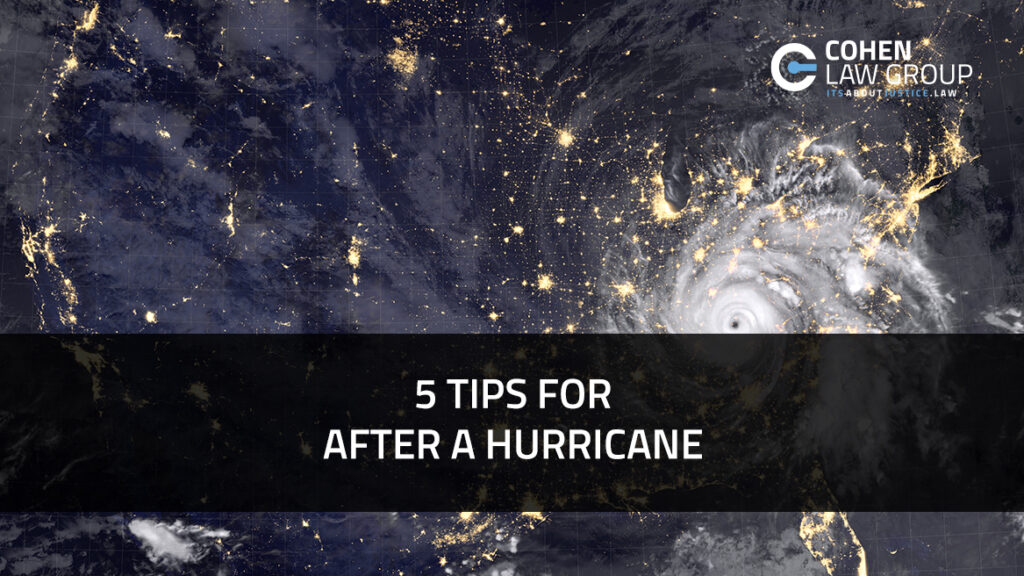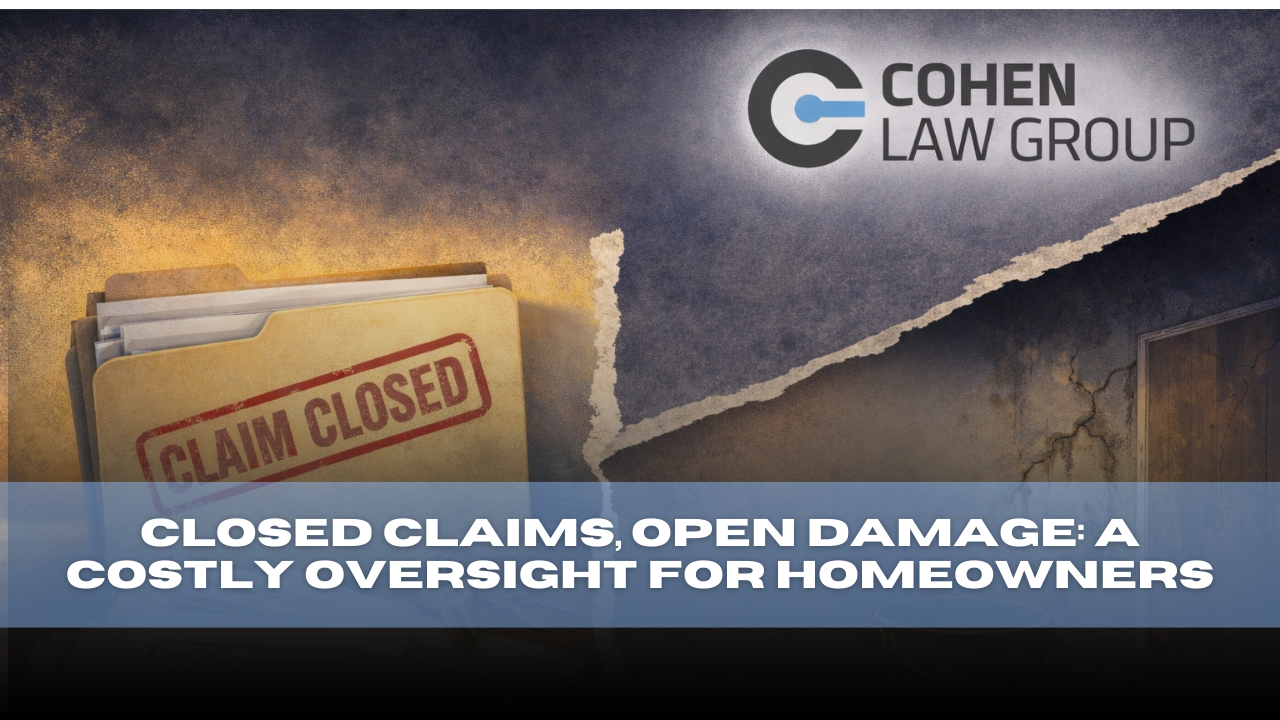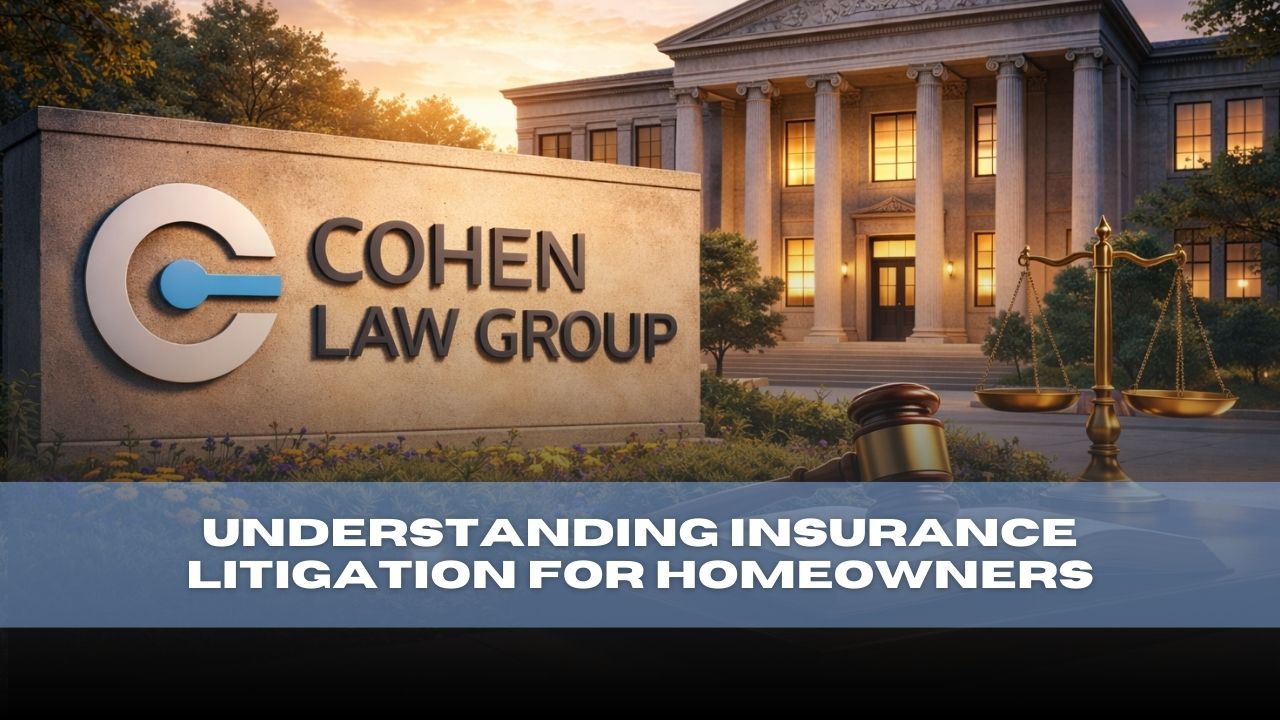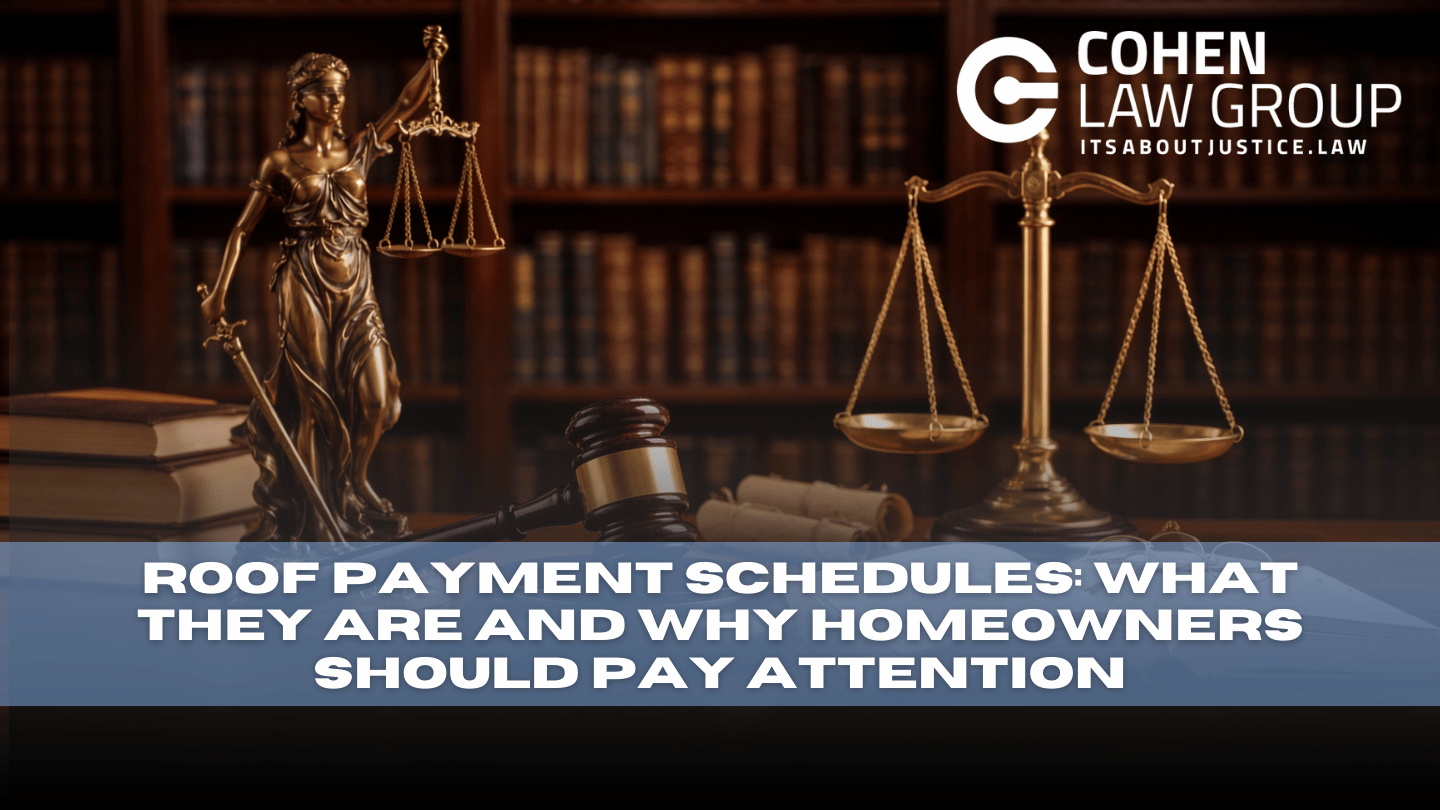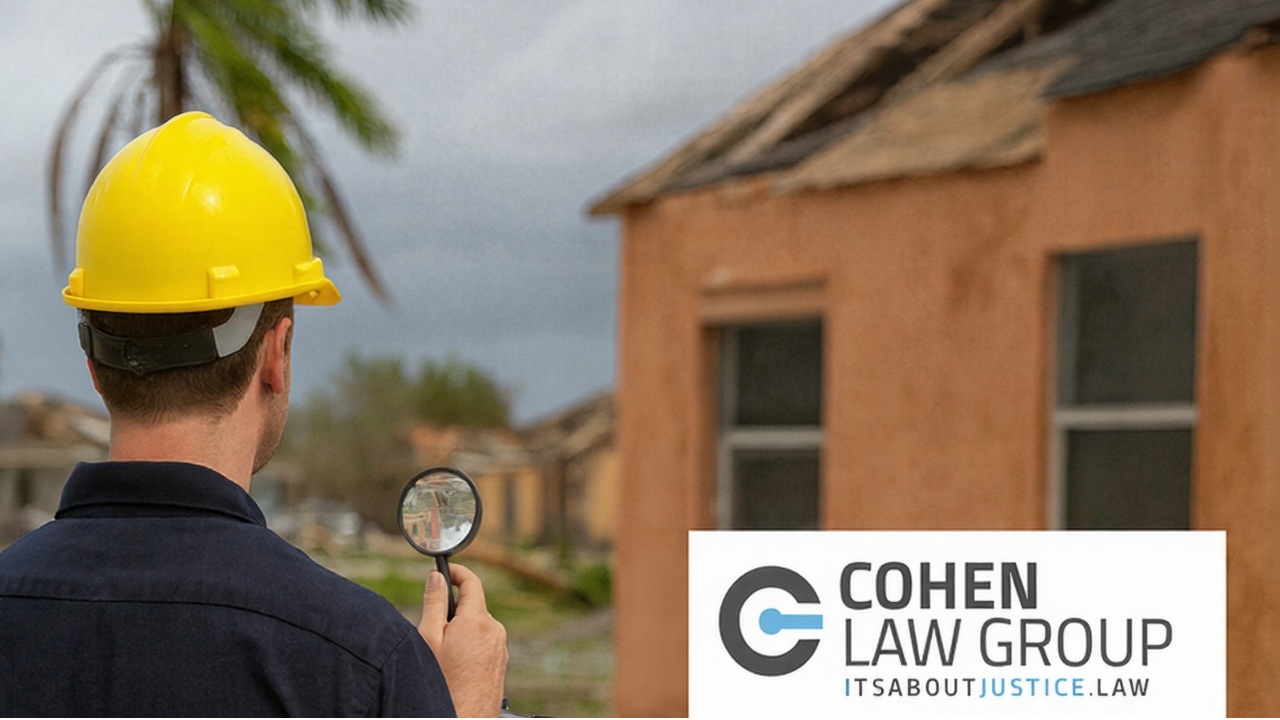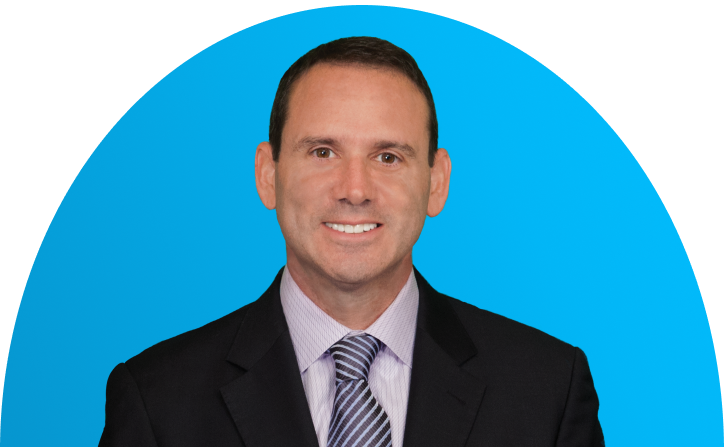Based on representing clients after historic Hurricane Michael, a Category 5 Hurricane
When Hurricane Michael made landfall on the gulf coast, I was representing insurance companies. It’s what I had done since graduating from the University of Florida Levin College of Law. For roughly the next year, I continued representing insurance companies. I would see Hurricane Michael lawsuits come into my office and was shocked by the extent of the damage. Despite representing insurance companies in these lawsuits, I did not see the aftermath of Hurricane Michael until early 2020 when I switched sides and began representing homeowners. I will never forget my first trip to the panhandle. A co-worker, another former defense attorney, took me along for meetings with current and potential clients. It had been almost a year and a half after Hurricane Michael made landfall, but there was extensive damage all-over. People were still unable to live in their homes, and it seemed like there was a camper in front of every other home that we drove by. Commercial buildings were caved-in and uninhabitable. Trees were snapped in half, and there was still debris in yards. I was surprised that homeowners were still fighting their insurance companies a year and a half after a Category 5 hurricane. In my mind, as a former insurance defense attorney, these claims should have been resolved quickly. For the first time in my career, I knew I could help people and make a difference.
Since my first trip to the panhandle, I have focused on helping homeowners in the panhandle and I have learned a lot from my clients. Most homeowner’s would think that there insurance company would certainly take care of them after a Category 5 hurricane; unfortunately that’s not the case. I can’t count the number of times my clients received 6-figure settlements for indemnity (money they can use to fix their homes) after the insurance company low-balled the initial payment. From hearing the stories of my clients and litigating their Hurricane Michal claims, here are 5 Tips For After A Hurricane:
Be Safe – hopefully you evacuated well before the hurricane made landfall. However, I know that’s not always possible. I was shocked at the number of people I met that were not able to evacuate. Some people did not have the means, had family members that were emergency responders, or were unprepared for the unexpected turn that Hurricane Michael made. If you are unable to evacuate in time, PLEASE BE SAFE during and after the hurricane. During the hurricane, stay away from windows and doors. After the hurricane, be aware of debris and wires that have fallen during the hurricane that will still be live.
Have a $ Source – After switching sides and representing homeowners, I was surprised by how long insurance companies took to pay homeowners. I would occasionally see an insurance company give the homeowner a few thousand dollars after the storm to make emergency repairs or find shelter. Unfortunately, not all insurance companies make these initial pay outs. Most of the time, homeowners have to pay for the hotel, Airbnb, RV, food, or emergency repairs upfront. Homeowners need to have access to an emergency savings fund or credit card to put these expenses on and then get reimbursed by the insurance company.
Finding a Place to Stay – If your house is uninhabitable after the hurricane, be prepared for the influx of people to your area. Most people think it will be easy to find a hotel to stay in after the hurricane. However, there are a large number of insurance adjusters, emergency personnel, and contractors that come to the area after hurricanes. Most of these people will stage in an area right outside of the path of the hurricane so they can quickly access the damaged areas once the hurricane passes. This makes finding a place to stay after a hurricane extremely difficult and, if you do find a place, it’s usually expensive. People that I met after Hurricane Michael were forced to drive to Alabama to find a hotel, some purchased an RV to live in as the monthly payments were lower, and one family even purchased another home that did not have as much damage.
Take Photographs – After the hurricane passes, take pictures of your ENTIRE property. Don’t just take the picture of the fallen tree or the debris that’s in your pool. Take pictures of the ENTIRE exterior. Step back away from the property so you can get every angle of the roof, soffits, windows, doors, etc. You will also want to take pictures of the ENTIRE interior of your property. Take multiple pictures of each room and make sure you take pictures of the floor/baseboards, walls, and ceiling. These photographs will be helpful throughout the life of your claim.
Contact a Licensed Contractor – One thing that I see over and over again is that not all damage is evident to an unqualified person’s eye right after the storm. For instance, your roof may be damaged from the hurricane, but you may not see leaks in the inside of the home for months or even years after the hurricane. Another example that was prevalent after Hurricane Michael is window seals were broken, but the windows would not start to leak or fog up right after the hurricane. Lastly, insurance adjusters are not your friend, they are not on your side, and you are not in good hands. They may want you to think that from their catchy slogans, but it’s not the case. DO NOT take the insurance adjuster’s decision/scope of damages to be true. This goes back to the 6-figure settlements I mentioned in my introduction. Insurance adjusters miss/ignore damage. Sometimes, it’s a lot of damage. For all these reasons, I stress that you contact a licensed, reputable contractor ASAP after the hurricane passes to assess the damage to your home.
I hope that whoever is reading this never has to apply these tips to real life. Hurricanes are scary and cause more than just damage to property. The stress and financial burden that hurricanes leave behind in their path is substantial. If you ever need help navigating the aftermath of a hurricane, please contact the Cohen Law Group for a free consultation.
 Rick Briggs, Esq.
Rick Briggs, Esq.
Learn More About Rick Here!
DISCLAIMER: This website is for informational purposes only and does not provide legal advice. Please do not act or refrain from acting based on anything you read on this site. Using this site or communicating with Cohen Law Group through this site does not form an attorney/client relationship. This site is legal advertising. Please review the full disclaimer for more information by clicking here.

